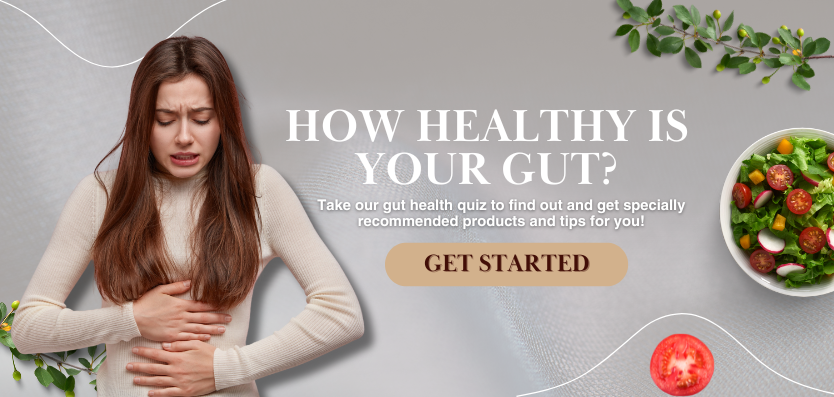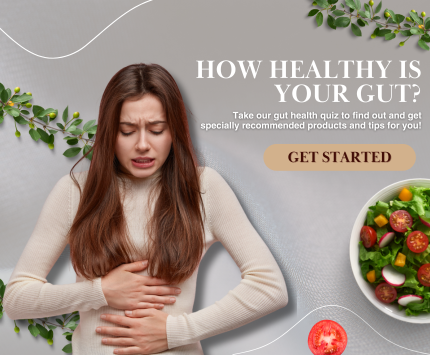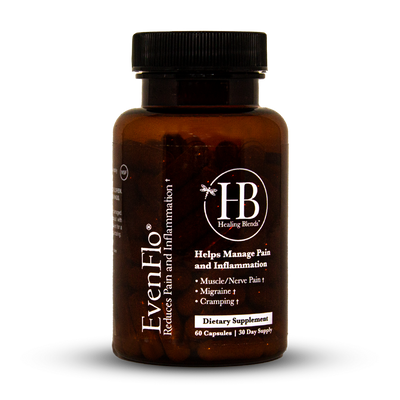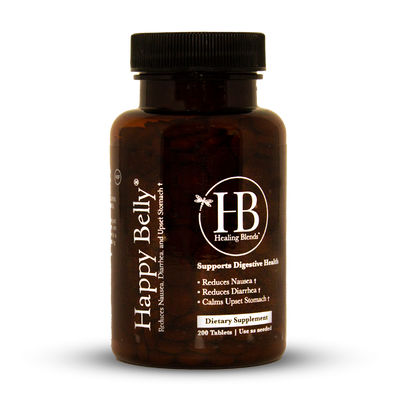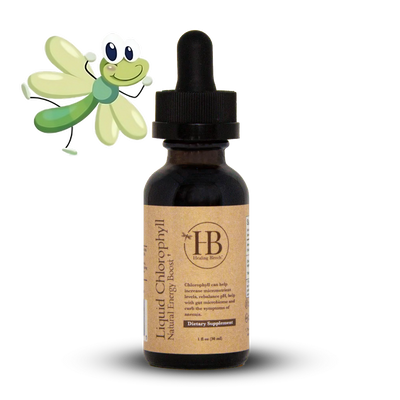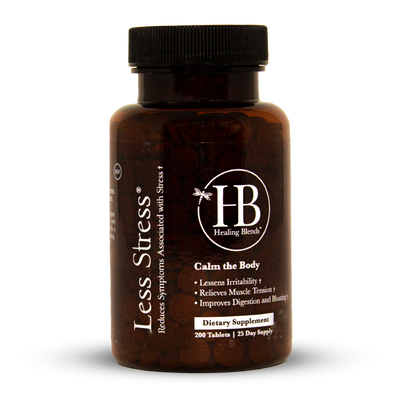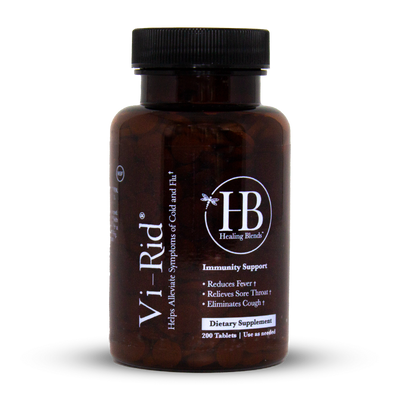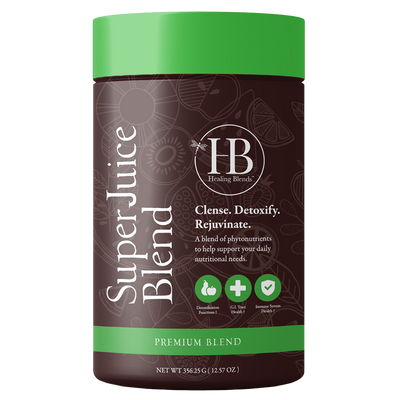Natural Treatments for Emotional Distress: Don’t Let Your Mood Negatively Impact Health
Stress is a normal part of life, but 2020 has been a challenging year for all of us.
It’s quite natural for us to be affected by what is happening externally. And these alien, external circumstances lead to emotional dissonance.
Emotional dissonance or emotional distress is when we do not feel capable of understanding our emotions and expressing them in constructive ways. It fosters a sense of loss of control, leading to a snowball effect that just keeps compounding the anxiety we experience.
Treating emotional distress naturally is one of the most important ways in which we can strengthen our mind-body connection.
Let’s see how we can start our journey on this path of well-being.
How Do Emotions Impact Health?

8 Dimensions of Health by Carebook
Our emotions are often accompanied by a physical response. You have probably experienced a surge of nausea before doing something nerve-wracking, or an outburst of excitement at the prospect of an upcoming holiday.
If you are feeling worried or unhappy, you might experience physical symptoms like constipation or insomnia. Poor emotional health can also have an impact on your immune system, which explains why it might take you longer to shake off a cold when things are hectic at work.
We are also less likely to want to participate in things that promote wellbeing when we are feeling down. Stress causes you to reach for the ice cream or an extra helping of mac and cheese, instead of going for a brisk walk.
Our emotions affect our decision-making and that can have a knock-on effect on our physical health.
But it is these physical ailments that can be an indication that we need to work on our emotional wellbeing!
Lifestyle Changes to Deal with Emotional Distress:
There are a lot of natural ways to improve your emotional health, but the first step always involves recognizing your emotions and the reasons you are experiencing them. Here are some other natural ways to ramp up your emotional wellbeing and combat stress.
Try to Lead a Balanced life
Easier said than done. We get you. But please read on…
Instead of obsessing about the problems you are facing in your life all the time, remember to stop and focus on the things you are grateful for too. Deal with your negative feelings, but do not forget to focus on the positive aspects. Relate positivity to something tangible and every day. For example, you can carry a gratitude rock in your pocket and every time you touch it, you can focus on something positive in front of you.
Having a positive outlook can improve your quality of life and give your health a boost.
Relax Regularly
Relaxation techniques like yoga, meditation, Tai Chi, and even just listening to your favorite music can help bring your emotions into balance. Remember that good emotional health also means you must take care of your physical body.
Reduce your Caffeine Intake
Caffeine can be medicinal, but only in small, irregular doses. If you are a regular coffee drinker, it might hinder several body systems that are responsible for responding to stress.
Make Sure you Get Enough Quality Sleep
Irregular sleep patterns and poor sleep quality disrupt your body and make it less able to respond to stress. This makes you more vulnerable to anxious feelings.
Aim for at least 8 hours of sleep per night. This may not come to you right away. But following “sleep hygiene” is essential. This short video explains the steps you can take:
Natural Supplements to Reduce Emotional Distress:
Aside from lifestyle changes, you might also be interested in trying alternative, natural supplements that can help give your mind and body a boost when you need it most. Make sure though you are using the highest quality herbs extracted the right way.
Otherwise, you won’t get to experience their potency and might give up on them thinking they “do not work”.
B Vitamins
B vitamins (especially B6 and B12) can help regulate your body’s response to stress. They also help maintain a healthy nervous system. B vitamin supplements work best when used in combination with other nutrients, so it is important to also take a multivitamin-mineral supplement.
Kava Kava
Kava is a herb that is used to treat anxiety and insomnia in an array of European countries, and it can help relieve anxiety without making you feel “fuzzy” like prescription medications. You cannot use Kava if you drink alcohol or take sleeping pills or antidepressants.
Saint John’s Wort
Saint John’s Wort works as an antidepressant and might also help relieve anxiety. According to some studies, this is just as effective at lowering anxiety levels as Valium and does not cause brain fog. Because it decreases the uptake of serotonin in the brain, Saint John’s Wort increases serotonin levels in the body, which induces calm feelings.
Herbal Teas
Most herbal teas can aid in combating anxiety and insomnia. Even though the process of making and drinking the tea is soothing, herbal teas often have a more direct effect on the brain that results in reduced anxiety. Chamomile tea, for example, can alter cortisol levels, the hormone responsible for stress.
Herbal Supplements
Healing Blends’ LessStress contains a combination of adaptogenic herbs that help protect your body from the impact of stress. It also eases the flight or fight response to stress, helping you be more stable, calm, and efficient. PeacefulCalm is another great option to target and treat anxiety. This supplement works to alleviate conditions like fatigue, heart palpitations, and lack of focus by increasing productivity and combating adrenal fatigue.
Final Thoughts:
The flow of wellness between your body and your mind works both ways, so on top of understanding how your emotions affect your body, there are a lot of physical measures you can take to help improve your emotional wellbeing.
It is important to fuel your body with a balanced diet so you can live life to the fullest and get enough physical exercise. The practice of taking care of your body is the foundation for self-respect, which is essentially the building blocks of emotional health!
References
- Psycho-emotional Roots of Disease
- Mind-Body Connection
- CDC Health-Related Quality of Life
- Chamomile Tea’s Effects on Cortisol Levels











